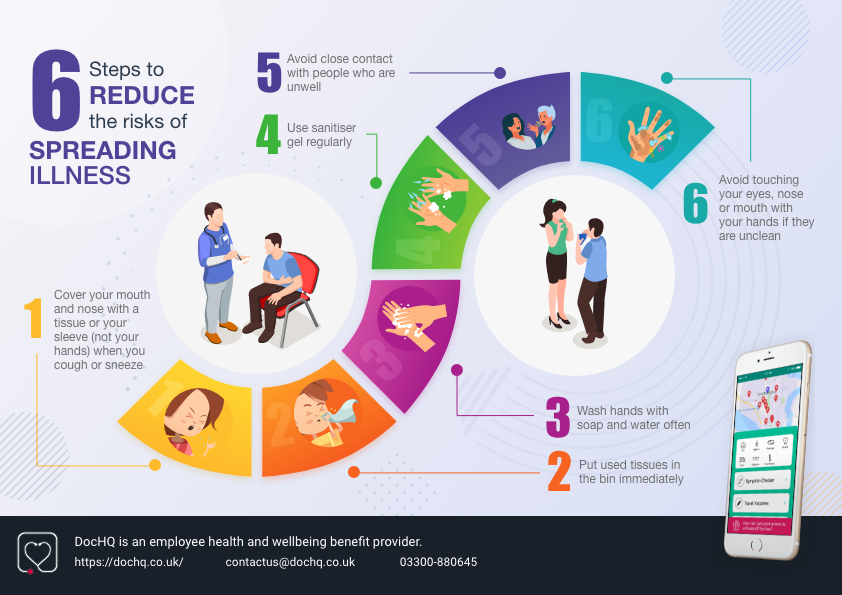 Coronavirus tests allow us to identify infected people so that these people can get the right medical help and advice as soon as possible, whilst quarantining their contacts. So, tests are important in monitoring the virus and isolating infected people to stop the spread.
Coronavirus tests allow us to identify infected people so that these people can get the right medical help and advice as soon as possible, whilst quarantining their contacts. So, tests are important in monitoring the virus and isolating infected people to stop the spread.
Whether a test is useful for you may depends upon the type of work you do, if you have or have had symptoms or think you have come into contact with someone who has the virus. Tests are likely to be required as people return to the workplace when restrictions are relaxed.
What are the different test out there?
There are two sorts of tests:
- Tests for the presence of the virus to see if you are currently infected
- Tests for the presence of antibodies to see if you have been infected at some point in the past
PCR Test
A PCR test has been widely used throughout the UK to test if you currently have Covid-19. It detects the virus in a swab sample taken from the throat. The swab is sent to the lab for analysis and results are return within a couple of days.
You should have a PCR test if you have symptoms of Covid-19. These include a new persistent cough, a fever, you may feel tired or be short of breath.
You can self-check any ailments here using this Covid symptom Checker
When you receive a home PCR test kit, it is a simple swab which can be taken in these 5 easy steps:
- Label your swab bottle and complete the lab form including your date of birth.
- Wash your hands
- Pull the swab out and swab the back of our throat
- Insert the swab into the bottle
- Put the bottle and form into the prepaid envelope and post
Results will be available through a secure link within two days of the lab receiving the sample.
Antibody Test
These will not tell you who is infected because antibodies are produced by the body after a week or two of being infected by the virus. Antibodies will show that you have had the virus. If you do have antibodies is not clear at this stage, how long they provide immunity for following infection. Blood serum samples are required for antibody tests.
Some home kits allow you to take a blood samples which are sent off to a lab for testing. Other kits are rapid tests and supply results within 15 minutes.
Rapid Antibody tests are less reliable and have produced high rates of false positives. This means that someone may think that they have already had coronavirus when they have not. This is dangerous as someone may think they are immune but are still vulnerable. They are not accurate enough to be used for diagnosis but perhaps can be used as a surveillance tool if multiply tests are used.
One thing is for certain the more tests that are taken, the clearer the picture is on who is infected and needs to be isolated.